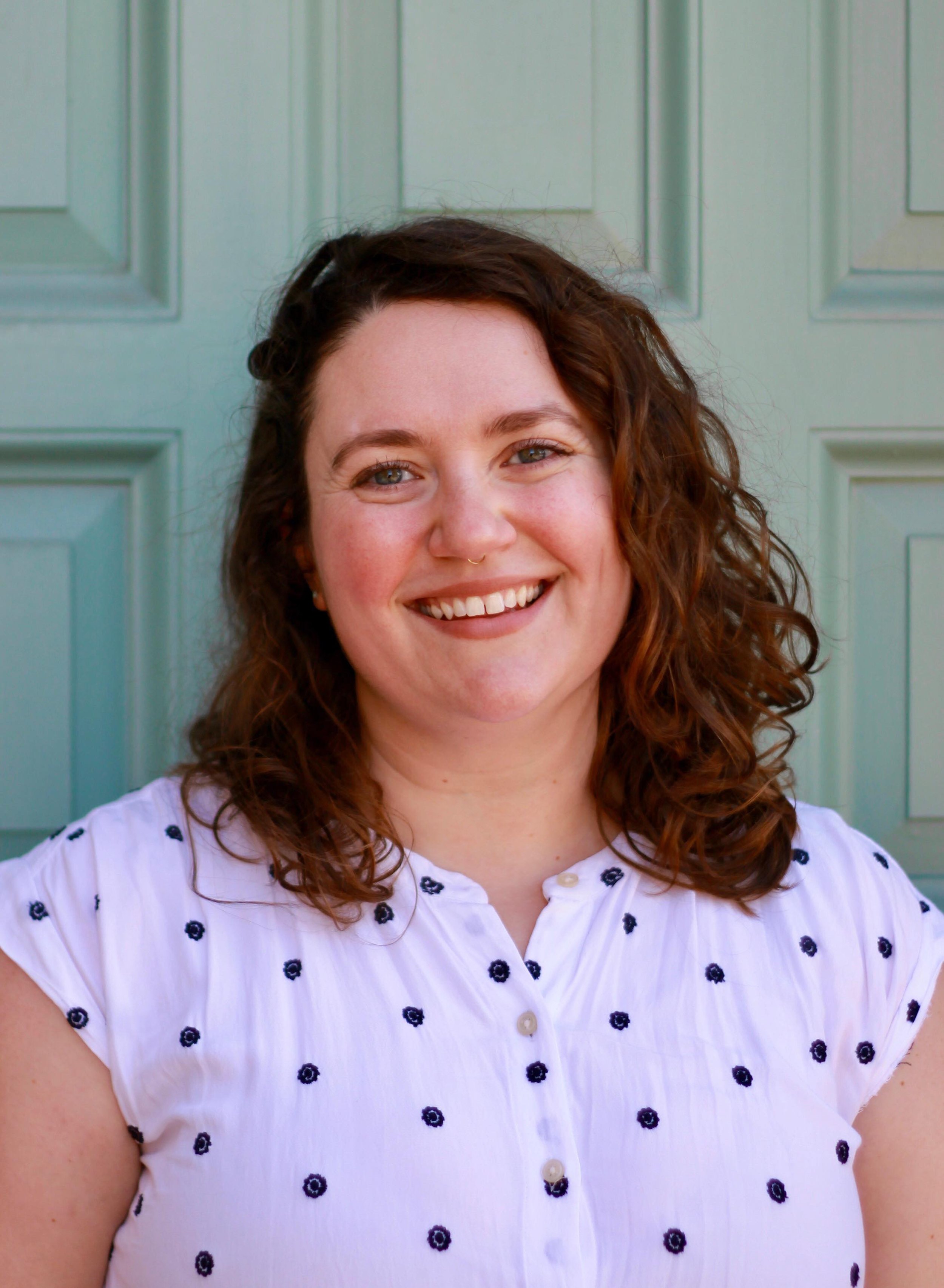Glenna Colerider-Krugh, LICSW
About
Pronouns: She/her
Occupation and Specialty: Mental Health Therapist
Location (Clinic/hospital): CARE Counseling
Location (City): Twin Cities Metro- Loring Park
Offers Telehealth: Yes
Contact Information: https://care-clinics.com/portfolio-item/glenna-colerider-krugh/
Bio: Starting therapy can be awkward, but I’m here to help. My vibe is authentic, playful, curious, and grounded. I trust you as the expert on yourself and feel honored and excited to explore your deep desires and needs with you. I’m committed to an intersectional approach that acknowledges the systems of power impacting your mental health, and operate from a sex-positive, body-neutral, anti-oppressive lens. I am neurodiversity-affirming and pursue creative communication and meaningful connection with my clients. I’m excited to know you, exactly as you are, and work with you to develop immediate coping strategies while working toward a more equitable, liberationist future. I am particularly passionate about long-term healing and self-exploration work with teens and adults throughout the lifespan. I am trained in EMDR (Eye Movement Desensitization and Reprocessing) for trauma treatment, and Washburn’s Developmental Repair model for building trust and self-regulation skills with youth.
Approach to care
What does it look like for you to provide care to patients in larger bodies? How is, or isn’t, your approach different from how you care for patients in smaller bodies? If you work with children, how is or isn’t your approach different when working with children?
My care for patients of all sizes centers on respect for their lived experience, intentional relationship-building, and recognition of power structures impacting their lives. I recognize that patients in larger bodies have likely faced different systemic barriers than smaller-bodied folks, and may have complicated relationships to seeking care. With all of my clients, I allow them to share their concerns and hopes for therapy, and actively check myself from making assumptions about their needs or wants. I support clients in making changes that align with their goals, values, and vision for a fulfilling life.
What is your perspective on how weight is or is not related to health?
I think that weight is far less impactful to individual health than the experience of weight stigma, weight cycling, dieting, and disordered eating. I truly believe that people can live healthy and meaningful lives, as defined by themselves, at every size and ability level.
Finish this sentence: “Fat people are…”
worthy of care, compassion, respect, autonomy, and joy.
How do you, your clinic, and the healthcare system you work in use BMI (i.e BMI cutoffs for accessing certain services, BMI on charts and printouts, etc)? Is this flexible?
N/A
If a patient declines to be weighed, how do you and/or your staff proceed?
N/A
If a patient declines to discuss weight loss, nutrition, and/or exercise, how do you proceed?
I do not bring up weight loss with clients unless they mention it first, and even then, proceed with tenderness and curiosity about their motives for weight loss. I have no interest in encouraging clients to lose weight. I may ask questions about food access and eating patterns to assess for support needs, disordered eating, or executive functioning challenges, but never about nutritional content. I may offer psychoeducation about body attunement through mindful movement, but with flexibility about each person's relationship to movement and ability. If a client declines to talk about these topics, I thank them for informing me of their boundaries and explore alternative ways to practice skills we were discussing that do not involve conversations about nutrition and exercise.
What does the physical accessibility of your office space look like? What kinds of accommodations are present for people in larger bodies? Are there things you wish were in place that are currently not?
We recently refinished the parking lot so it is smooth and more accessible for walkers and wheelchairs. Our office building has ramps to the front door, and my office is on the first floor. We have two single-stall, gender-neutral bathrooms on the first floor. Our waiting area unfortunately only has chairs with arms (working on this!), but my office has a couch. I wish we had automatic door opening buttons for the front door.
What do you do to allow fat people to feel comfortable and welcome in your office?
I have fat-positive art hanging in my office, and a comfortable couch. There are pillows and stuffed animals on the couch that folks can adjust to their liking. There is a sink on the first floor for drinking water. I have an air purifier in my office and still mask in all sessions for the safety of the immunocompromised community. I have disposable masks available for clients if they would like to mask, but do not require it.
If you’d like to use this space to talk about any identities (gender, race, size, sexuality, etc.) you hold and how this relates to your care, please do so.
I identify as a queer, white, able-bodied cis woman. I am currently in a small-fat body, and recognize that I have a lot of privilege based on my size and other demographics. I am committed to a weight-neutral and anti-oppressive practice regardless of my own size.

